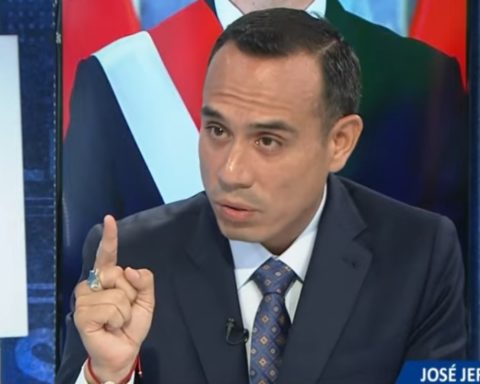The political situation in Argentina is in a state of high tension and complexity, with President Javier Milei raising the specter of destabilization and generating a dilemma in the Government about what to do with Mauricio Macri.
He Government and the leadership of the Casa Rosada is divided regarding the future of the alliance with Pro, and the decisions made in the coming days could have a significant impact on the country’s political landscape.
President Milei has been emphatic in his statements, constantly repeating: “What are they trying to do? A coup d’état?” These words reflect his concern about what he perceives as attempts at destabilization by opposition sectors and some actors within his own government.
The situation has generated a climate of uncertainty and mistrust, both within the Government as in society in general. One of the most critical points in this context is the relationship with Mauricio Macri and the Pro party.

The alliance between Milei and Macri has been fundamental for governability, but internal tensions and strategic differences have put this collaboration in check. Some sectors within the Government consider that it is necessary to maintain the alliance with Pro to ensure stability and political support, while others believe that it is time to distance themselves and seek new alliances.
The dilemma over what to do with Macri has intensified in recent weeks, with meetings and heated debates in the Casa Rosada. The figure of Macri continues to be influential and polarizing, and any decision regarding his role in the Government will have significant repercussions.

Close, but not that close
Some members of Milei’s cabinet argue that keeping Macri around is essential to avoid a fracture in the ruling coalition, while others believe his presence is an obstacle to advancing necessary reforms.
In the midst of this situation, the plan for the Federal Administration of Public Revenues (AFIP) has become another point of controversy. He Government de Milei has proposed a series of reforms to modernize and make the AFIP more efficient, but these measures have met with resistance both within the organization and in some political sectors. The implementation of these reforms is seen as crucial to improve tax collection and combat evasion, but their success depends on the Government’s ability to overcome resistance and achieve consensus.
follow us on Google News and on our channel instagramto continue enjoying the latest news and our best content.


















